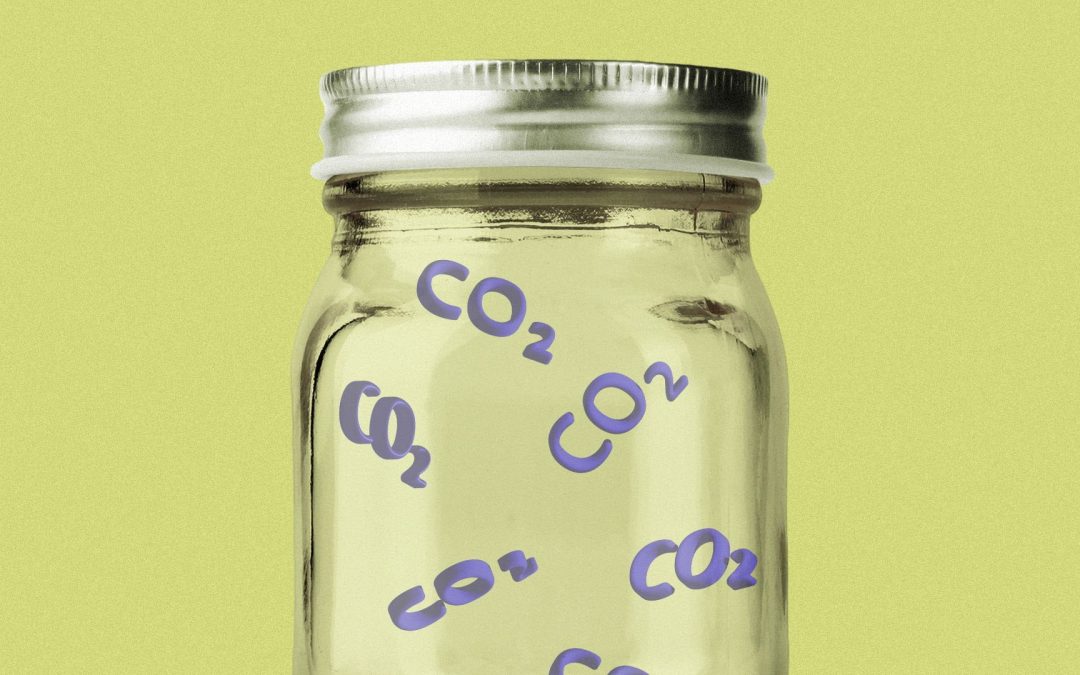The Environmental Protection Agency plans to grant Louisiana state regulators permitting authority to inject carbon dioxide into underground rock formations, Ben writes.
Why it matters: It could speed up pending and future projects in a state that oil companies and others see as a key region for CO2 storage.
Driving the news: EPA floated draft plans Friday to approve the state’s application for “primacy” under the Safe Drinking Water Act for permitting injection wells.
Xan Fishman, a carbon storage expert with the Bipartisan Policy Center, said state officials must meet the same environmental standards as EPA.
EPA has crafted “specific criteria” to ensure underground CO2 injection protects drinking water sources, the agency said.
What they’re saying: State officials can act “more quickly and more predictably than [the] EPA” in Louisiana, which has “great geology” for CO2 storage, Fishman said via email.
The big picture: Carbon capture from industrial plants and permanent storage has not commercialized nearly as much as advocates have hoped.
But the tech — and nascent plans for “direct air capture” of CO2 already in the atmosphere — has new momentum.
Catch up fast: The 2021 infrastructure law has billions of dollars in funding, and the climate law expands tax credits for storage projects.
“Primacy would also drive private investment into the state given the increased certainty in permitting timelines,” Fishman added.
The bottom line: It’s a wonky but important development.

